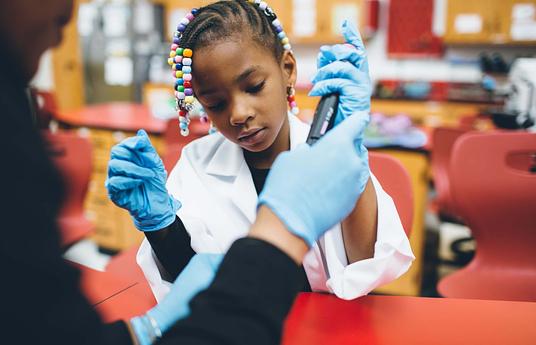Founded in 2019, the innovation is dedicated to address the issue of the ignorance attached to the environment, leading to high rate of scorpion stings, and snakebites within the refugee camp and neighborhoods, and even causing deaths amongst community members. The organization focuses on conducting research, educating community members through sensitization sessions, and expositions.
In practice, Scorpion control center often prioritizes education and prevention efforts to empower homeowners, schools, health professionals, and businesses to take proactive steps in minimizing the risk of scorpion/ snake infestations. This involves providing information about scorpion biology and behavior, offering tips for reducing attractants and entry points, and conducting property inspections to identify potential risk factors.
In support of the education program, we monitor various scorpion species to ensure accuracy of information and long-term success. Scorpion control center offers regular inspections, follow-up with victims of stings and bites, and provides guidance on maintaining a scorpion/ snake-free environment.
Overall, the unique combination of expertise, tailored solutions, education, and ongoing support sets scorpion control center apart in its ability to effectively manage scorpion infestations and minimize their impact on human health and well-being.
The innovation has been spreading with our education programs through which we organize:
- Sensitization sessions in community by talking to parents, community leaders that are sending children to school to develop a pattern of behavior that keep everyone from their family safe from the venomous species. In schools, we aware students about the threat a single sting or bite has in a victim's life so that they protect themselves and take over the task to reminding everyone at home. In school, we also intend to shape youths' career or interest towards environment and conservation. While in market places, we use talk to people and display the catalogs of species.
- workshops: we talk to group of teachers, health professionals, Community Hygiene promotors
- community events, expositions :
If you want to try it, get familiar with your immediate environment: As every part of the world or any country has its own diversity of the venomous species, I would recommend to get to learn about the environment you're in, the species found in there. Get to know them from the harmful to the harmless. Get a catalog with images and relevant information of the venomous species. Act safety.


